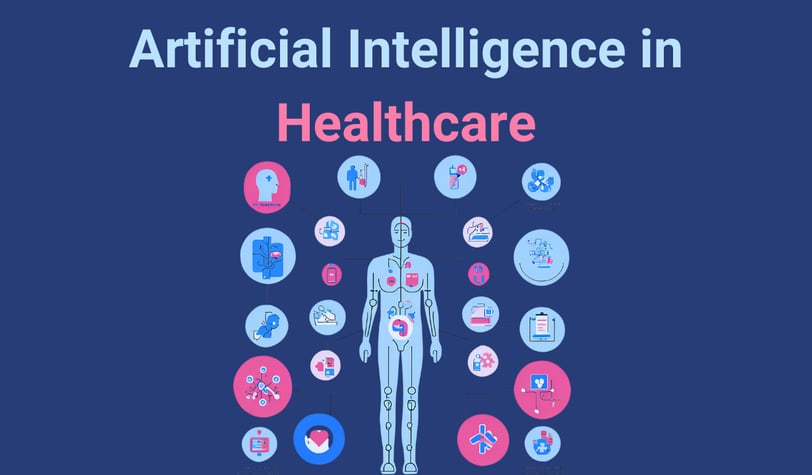Artificial Intelligence in Healthcare


Artificial intelligence (AI) is revolutionizing the healthcare industry by providing innovative solutions to complex problems. AI algorithms can analyze vast amounts of medical data, identify patterns, and make predictions that assist healthcare professionals in diagnosing and treating patients more effectively. In medical imaging, AI can enhance the accuracy of diagnoses by detecting anomalies that may be overlooked by the human eye. Machine learning models are being trained to recognize signs of diseases such as cancer, diabetes, and heart conditions in their early stages, leading to earlier interventions and better patient outcomes.
AI-powered virtual assistants are becoming increasingly prevalent in healthcare settings, offering 24/7 support to patients and handling routine tasks to free up medical staff for more critical duties. These virtual assistants can answer patient inquiries, schedule appointments, and provide medication reminders, improving the overall efficiency of healthcare services. In drug development, AI is accelerating the discovery of new pharmaceuticals by simulating and predicting how different compounds will interact with biological targets, which can significantly reduce the time and cost of bringing new drugs to market.
Another area where AI is making a significant impact is personalized medicine. By analyzing a patient's genetic makeup, lifestyle, and environmental factors, AI systems can tailor treatment plans to the individual, increasing the likelihood of successful outcomes. This level of personalization is particularly beneficial in the treatment of chronic diseases, where a one-size-fits-all approach is often less effective.
AI is also enhancing the capabilities of robotic surgery. Surgical robots, guided by AI, can perform intricate procedures with precision and control beyond human capabilities. These robots can reduce the risk of complications, minimize patient recovery time, and improve the overall success rate of surgeries.
However, the integration of AI in healthcare also presents challenges. Ethical considerations, such as patient privacy and data security, must be addressed to maintain trust in the healthcare system. Additionally, there is a need for robust regulatory frameworks to ensure the safety and efficacy of AI applications in healthcare.
In conclusion, AI holds tremendous potential to improve healthcare delivery, patient outcomes, and medical research. As technology continues to advance, it is imperative that healthcare providers, policymakers, and technologists work together to harness the benefits of AI while mitigating its risks. The future of healthcare is bright with AI, and its continued development promises to bring about transformative changes to the industry.
References
Davenport, Thomas, and Ravi Kalakota. "The potential for artificial intelligence in healthcare." Future healthcare journal 6, no. 2 (2019): 94.
Bajwa, Junaid, Usman Munir, Aditya Nori, and Bryan Williams. "Artificial intelligence in healthcare: transforming the practice of medicine." Future healthcare journal 8, no. 2 (2021): e188.
